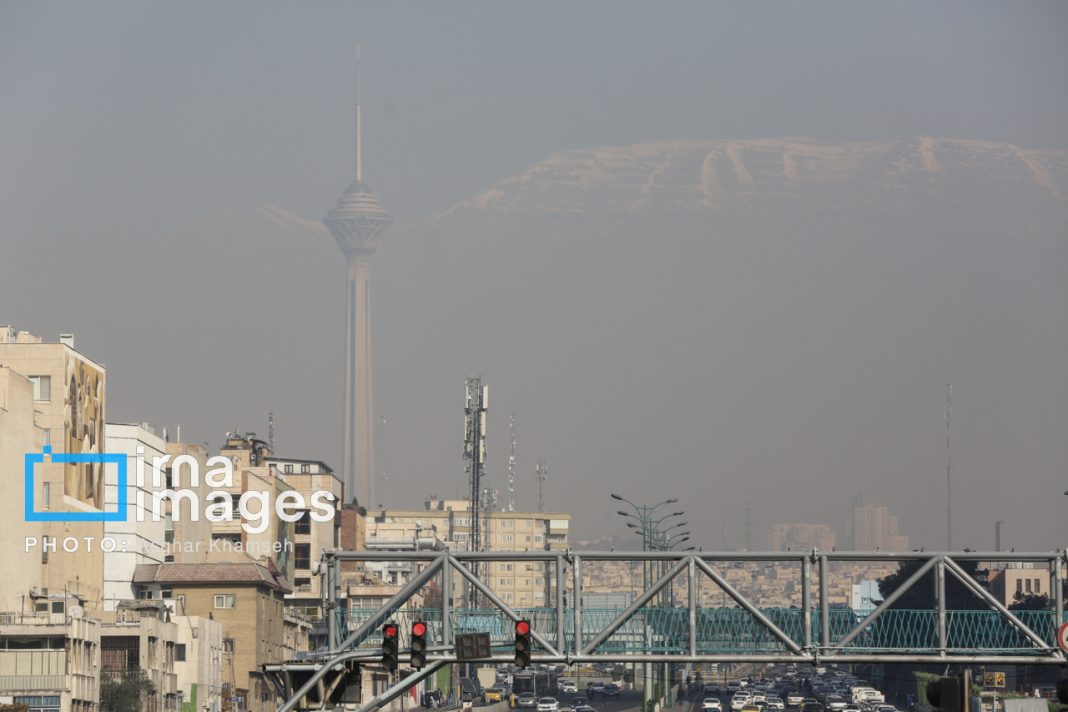In Tehran, all schools switched to remote learning for Sunday and Monday.
Meanwhile, government offices operate with 50% of their staff, prioritizing vulnerable groups.
The decision follows a meeting of the Tehran Emergency Air Pollution Committee, which also resulted in the closure of kindergartens and the suspension of daily traffic permits.
In West Azarbaijan province, schools in Urmia, Mahabad, Oshnavieh, and Shahindezh remained closed on Sunday due to increased air pollution, with classes continuing virtually.
Similarly, in Alborz province and Abyek county in Qazvin province, pre-school, elementary, and special education schools are closed on Sunday, with remote classes conducted through the popular Shad (happy) platform.
Like previous years, the government takes the measures to reduce the harmful effects of air pollution and protect the well-being of students and staff across the affected regions.
But the policy has its opponents who believe that the government should implement immediate and effective measures such as strengthening pollution control, expanding public transportation, using renewable energy, and replacing polluting fuels in industries.
